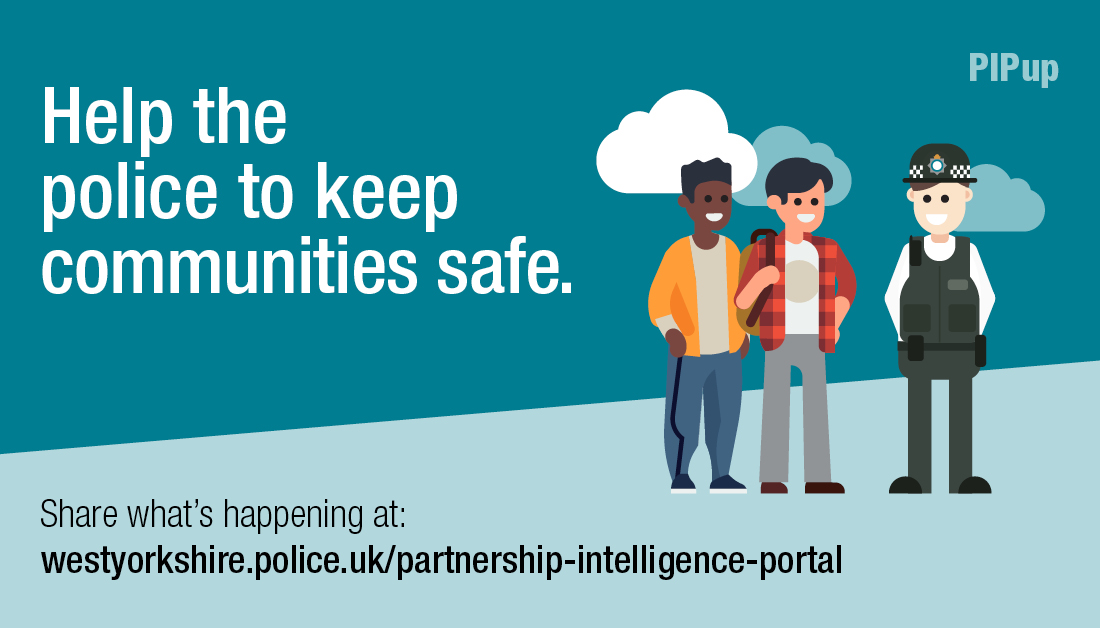Last reviewed February 2024
One Minute Guide to Child Financial Exploitation
What is Child Financial Exploitation?
Child Financial Exploitation is the term used to describe the action of using a child’s bank account to move money obtained from illegal sources.
Through the process of money laundering, criminals will introduce the proceeds of their crimes into the banking system as a way of attempting to disguise its origin, making it appear as though it has come from a legitimate source


Why are children targeted?
Children may often be targeted online through social media or online gaming, but CFE can also occur in person.
Criminals will often share a job advert on social media that may include phrases like ‘easy money’ or ‘no experience necessary’. Some of these adverts may also be accompanied by images of lots of cash. If the advert sounds too good to be true, then it usually is.
Once a child is involved, the exploiter will demand for the child to disclose their bank details to them; on receiving these details they will then transfer a sum of money into the child’s account. The child will then be coerced into either transferring this on to another account or withdrawing the money. The exploiter will leave a percentage of the money in the child’s bank account, which is part of the grooming process.
In most cases, children will not know the source of the money and neither the way they have been exploited, nor realise how they have played a role in this kind of money laundering.

Possible signs of Child Financial Exploitation:
-
What should I look out for?
· Anxious, frightened, angry, showing signs of emotional distress, or displaying other behaviours that are of concern
· Respond aggressively when encouraged to discuss finances -
Concerning activity that may be on a child’s bank account coud include:
· Paying small amounts frequently
· More activity than you would expect to see on a child’s account
· Cash deposits or transfers from unknown sources
· Transport or accommodation transactions on the account
How to talk to children about Financial
Exploitation
It’s important to engage with a child about their finances. The following are example questions you could begin a conversation:
- What happened on…?
- How are you finding managing your money?
- That looks like a lot of money. Do you feel safe carrying that?
- What platforms do you use…?
- That’s really nice! It must have been expensive?

Perpetrators
Perpetrators use online platforms such as online gaming networks or social media to exploit the vulnerability, interests and needs of children. Consider what questions you might be asking children about their online or banking activity:
- Do you know the person that this money has come from? Where do you know them from?
- What purposes do you need money online for? Is it cash or is it cryptocurrency?
- How do you stay safe online?
- Have you seen anything online such as adverts for quick cash? Do you think these are genuine?

What can practitioners do?
and consider all forms of exploitation when observing indicators. CFE may often be overlooked because it appears more ‘subtle’ than other forms of exploitation. Small transactions may seem ‘unimportant’, so are often not reported or taken seriously.
Listen out for slang terms that children or others might use. Terms such as ‘squaring’ or ‘deets’ are often used to describe a child’s bank account being used to hold or ‘clean’ money from criminal activity.
Ensure you respond to signs of Child Financial Exploitation as a safeguarding concern, recognising it as exploitation and abuse. Always report your concerns and follow your agency safeguarding policy.
If a child is in immediate danger, contact 999 or 101 in a non-emergency.
Escalate concerns if you feel they are not being taken seriously or receiving an appropriate safeguarding response from the relevant statutory agency.
-
Show details
 Sharing Information Use the Partnership Intelligence Portal (PIP) to share any information or intelligence you obtain about the ways in which children are being groomed and financially exploited. For example, children talking about ‘adverts’ on social media promoting ‘easy cash’ or gifts they have been bought online.
Sharing Information Use the Partnership Intelligence Portal (PIP) to share any information or intelligence you obtain about the ways in which children are being groomed and financially exploited. For example, children talking about ‘adverts’ on social media promoting ‘easy cash’ or gifts they have been bought online.Use appropriate language to reframe the issue from one of fraud, criminality, and choice, to one of exploitation and abuse. This shift in language encourages appropriate safeguarding interventions which lead to improved support and outcomes for children.
Practitioners need an awareness that there could be an overlap of exploitation. A child may be both sexually, criminally and financially exploited simultaneously. Access here


